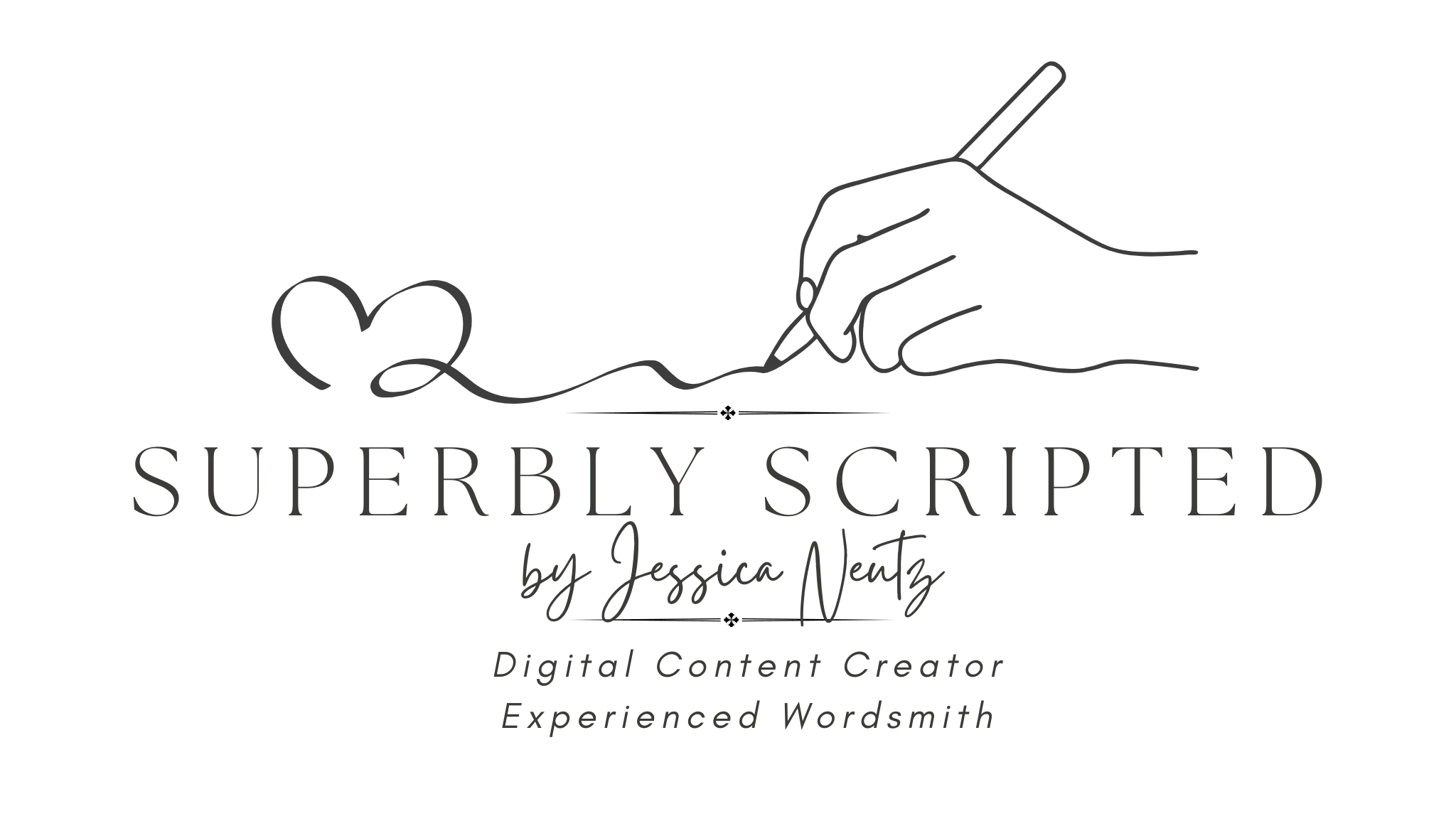Five Essential Writing Tips for Aspiring Writers
Embarking on the journey of writing is like setting out on a voyage across uncharted waters. It’s a path lined with peaks and valleys, shimmering victories and crushing defeats. Like any expedition, it requires unwavering resilience and a willingness to navigate uncertain terrains. However, the beauty of this journey lies precisely in its complexity; it’s an art form that beckons for your patience, practice, and persistence. It’s not just about stringing words together — it’s the way these words dance rhythmically across the page, creating dazzling tapestries of thought and emotion.
If you are an aspiring writer, setting your sight on the distant horizon of published work, there are certain key aspects you should bear in mind as you develop your craft. Each step you take towards improvement serves to refine your abilities and contributes to your evolution as a writer. Think of each word you write as a brick in the majestic structure you’re building — a rich, vibrant world emerging from nothing but your thoughts and imagination.
Here are some suggestions, tips and tricks, or perhaps one might call them compass points, guiding you on your journey of becoming a better writer. These have been garnered from various other experienced writerws, who once stood where you are today — on the precipice of their potential, staring out at the vast literary landscape before them, eager to leave their unique footprint. Remember, these are just suggestions, not rules — an author’s voice is truly their own. So buckle up, grab your notebook (or laptop), plunge headfirst into the enigmatic abyss of narrative creation, and allow these tips to shape your craft.

Develop a Daily Reading Habit
Reading is undeniably the cornerstone of writing, serving as a gateway to an array of styles, tones, and genres. Reading the work of successful writers goes beyond mere word recognition and interpretation; it’s about immersing yourself in the world of syntax, semantics, and sensibility that different writers offer through their unique works. Regular reading plunges you into a vast sea of knowledge. Each piece you read adds more to your understanding and perception of language and life.
As you become accustomed to this practice, you’ll start assimilating invaluable lessons on sentence construction, character development, and suspense building from accomplished writers. You’ll learn the art of crafting balanced sentences, creating relatable characters, and maintaining intrigue. Reading various genres can offer a plethora of techniques to master these arts.
Take Action: Set aside at least 30 minutes everyday exclusively for reading. Select books from a wide range of genres, including fiction, non-fiction, biographies, science, history, and more. This will not only enhance your knowledge but also improve your understanding of different perspectives and ideas.
Write Every Day
Devloping a daily writing habit is paramount to honing your ablities as a writer. Much like a disciplined musician or athlete, regular writing strengthens the muscles of creativity and expression. Writing often is usually accompanied by a feeling of anxiety for perfection, but what’s crucial is the consistent effort, not the immediate result. Every word you pen (or type) brings you one step closer to mastery.
Don’t let a blank page intimidate you. Every great writer starts with a single word, a lone sentence. Let your thoughts flow, unencumbered by your inner critic. This daily writing practice, no matter the subject or quality, teaches you to embrace the process, to find your voice, and to discover what resonates with your readers.
Take Action: Schedule a non-negotiable period each day dedicated to writing. It could be early in the morning when the world is quiet, during your lunch break at work, or in the evening as your day unwinds. Whenever it is, make sure it’s a time that you can be consistent. Start with a modest goal that is realistic to achieve — whether it’s a certain amount of time, like 30 minutes, or a word count, perhaps 500 words. Choose topics that ignite your passion or challenge you creativily, including short stories, opinion pieces, articles, poetry, or even streams of consciousness. The key is to build a sustainable routine that turns your writing from a sporadic activity into a daily discipline.
Extra Pro-tip: Merge Reading and Writing for Synrgestic Learning
Link your writing practice to your reading habits. When drawing inspiration from your diverse reading materials — fiction, nonfiction, biographies, science, history, and beyond — parallel the learning by writing reflections, analyses, or even continuations of what you’ve read. This not only reinforces what you’ve absorved but also provides a wealth of ideas for your own writing.
By reading a variety of genres, you expose yourself to different storytelling techniques, narrative styles, and informational structures. Apply these observations to your own writing. Challenge yourself to experiment with a new genre, adopt a different perspective, or incorporate unfamiliar vocabulary. This enriches your skill set and your writing from becoming stale or predictable.

Seek Feedback
For an aspiring writer, soliciting and embracing feedback is not just beneficial, but it’s vital to your growth and success in the literary world. Constructive criticism provides you with an outside perspective that can uncover blind spots in your storytelling, plot construction, character development, and even your grammatical prowess.
Seek out feedback from a variety of sources to gain a well-rounded view of your work. Involve beta readers, who can give you their first-hand emotional reactions to your narratives. Get involved with writing circles, workshops, and online forums, where fellow writers can offer technical advice and insights into narrative structure and genre conventions.
Every piece of criticism is an opportunity to grow. Learn to filter feedback, seperating the constructive ideas that align with your vision from personal preferences that may not serve your story. Ignore rude comments; if it doesn’t apply, let it fly, as my grandmother would say. But use all feedback to push your creative boundaries, challenge your assumptions, and inspire innovative ideas. Always keep an open mind to continuous learning. Be willing to rewrite, revise, and refine your work.
Take Action: Begin by sharing your writing with a trusted circle of friends and family whose opinions you value. Choose people who will provide you with a range of perspectives, from the technical aspects to the emotional impact of your narrative. Consider joining writing workshops and online forums to tap into a community of peers who are on a similar literary journey.
Edit Ruthlesssly
Editing is the processof transforming a good piece of writing into a truly outstanding piece of text. It involves carefully reviewing and analyzing your words for unnecessary components, and applying techniques that are designed to enhance clarity and level-up your writing. Editing helps to ensure that readers will have the best possible experience when engaging with your words — they’ll be able to understand what you’re trying to communicate more easily, follow along more smoothly, and generally enjoy reading it much more. No matter how much time you spend drafting and revising your piece, editing is always essential.
The next step in the editing process is proofreading. This final check looks for any errors that may still be present in spelling, grammer, and punctuation — all those tiny details that can easily slip through the cracks and go unnoticed during rough drafts or multiple revisions. It also helps to ensure consistency in spelling, capitalization, and word choice. A thorough proofreading is sure to make your writing shine when it is finally sent out to the world.
Take Action: After finishing your first draft, it’s important to step away from your work and let yourself rest. Taking a break before you start editing will give you a bit of distance from your writing, allowing you to come back with fresh eyes and see it in a new light. This is an invaluable tool when it comes to honing your work into something that can truly stand out from the rest. When taking a break from editing, make sure it’s long enough for you to clear your head and relax. Avoid any tasks related to your piece or to writing in general. When you return to proofreading and editing, you’ll be ready for the next step: a more thorough review of your work.
Embrace Rejection
Rejection is a fact of life for any writer. Not all readers will appreciate your work, and it’s important to remember that this does not reflect on you as an artist. Instead of getting downtrodden by the constant criticism, use it as fuel to propel yourself forward and make meaningful changes to your work so as to better engage with different kinds of audiences. The most successful writers are not necessarily the ones who never receive negative feedback; rather, they are the ones who can take the negativity in stride and use it as motivation to do better.
No matter what type of text or story you’re creating, remember that the editing process shouldn’t be rushed or taken lightly. As a writer, take your time proofreading and editing your work so that it’s as polished as possible before submitting it for publication. Treat every project like a masterpiece that you want to share with the world. Go the extra mile to make sure your work reflects the highest quality possible. Doing this will not only give you a better chance of getting published — it will also help you build a reputation as an artist who values excellence, and helps foster your own skills as a storyteller in the process.
Take Action: When a rejection letter finds its way into your mailbox, don’t allow it to consume you or break your spirit. Instead, shift your focus onto what’s next on your writing agenda and any changes you can make to the piece that was rejected. If possible, take a step back and think about any feedback that they may be offering; this could help inform how you improve the piece in question so it can have greater success if submitted elsewhere. The most important thing is to not stay stagnant — always keep moving forward and learning from each rejection as you iterate your work and strive to get better. And don’t forget, failure is NOT the end of the road — it’s just another opportunity for growth!
My Humble Beginnings
When I started writing, it was hard for me to make the decision to share my work with others. The fear of criticism and rejection was very intimidating, but after I worked through a few writing workshops and opened myself to the feedback from my peers, I realized that these critiques were actually extremely beneficial. It allows me to look at my writing from a different angle, and helps me to make improvements and become a better writer. So don’t be scare or intimidated by what others think about your writing; it’s an opportunity for you to learn and develop as a wordsmith.
I have to be honest; it wasn’t easy. There were moments where I felt like giving up after receiving multiple rejections. But I keep going and eventually, my work started to be published in various places. This was a huge milestone for me. It still helps encourage me as I continue on my writing journey.
I’m not saying that success will come quickly — it didn’t for me or any other writer I know for that matter. It will take some time before you feel the fruits of your labor, but never give up! The more you practice and refine your craft, the more likely it is that your writing will get noticed. With some hard work and determination, you too can make a name for yourself in the world of writing!

If you’re looking for feedback from a fellow writer, I’d love to help! Email me your work to JNEUTZ1019@GMAIL.COM
I’m also available for hire if you prefer to have an expert complete your piece or add great insight to your publication. Check out my portfolio!
Like this project
Posted Dec 23, 2023
If you are an aspiring writer, setting your sight on the distant horizon of published work, there are certain key aspects you should bear in mind.
Likes
0
Views
15








